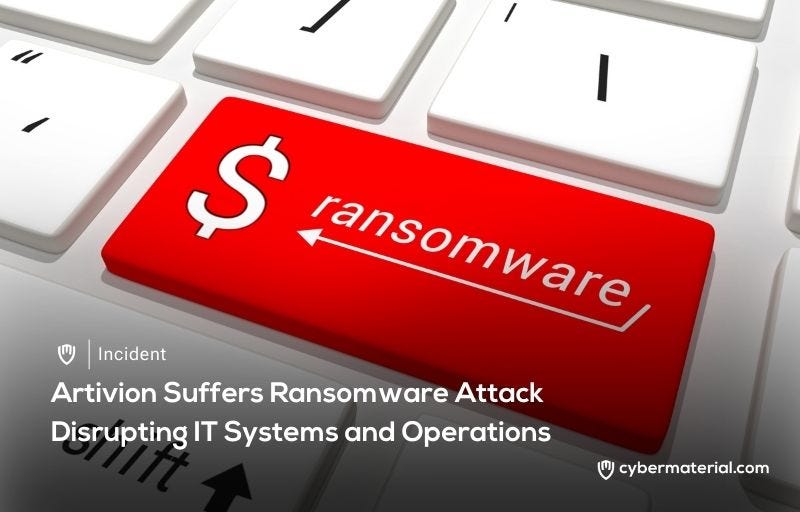
Artivion, a leading medical device manufacturer specializing in heart surgery products, disclosed a cyberattack in a recent filing with the U.S. Securities and Exchange Commission (SEC). The attack, …

Artivion, a leading medical device manufacturer specializing in heart surgery products, disclosed a cyberattack in a recent filing with the U.S. Securities and Exchange Commission (SEC). The attack, …